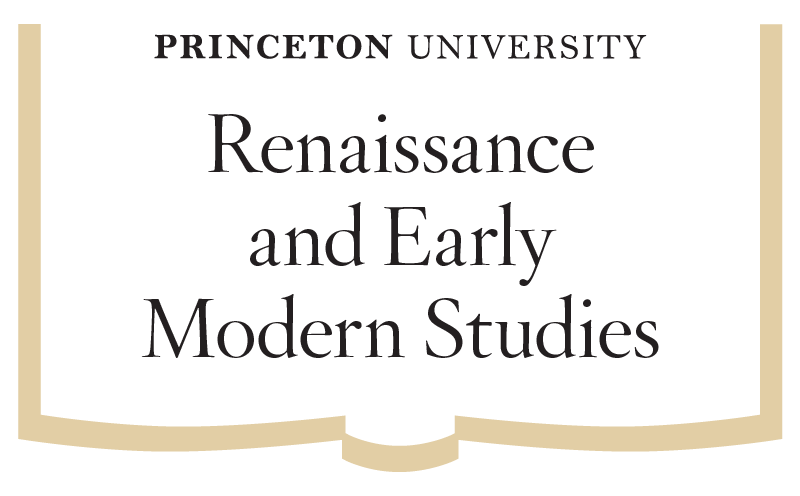
Why did Pierre Bayle believe in Virtuous Atheists? A Critique of Pure Reason “avant la lettre”
Dmitri Levitin All Souls College, Oxford
May 12, 2021 · 12:00 pm—1:30 pm · Virtual
Renaissance and Early Modern Studies

“Pierre Bayle’s claims about the possibility of a society of virtuous atheists are one of the most famous ideas produced in Europe in the decades around 1700. More generally, Bayle’s intentions have been the subject of profound historiographical debate, even generating the idea of an insoluble ‘Bayle Enigma’. This talk will give a completely new account of Bayle’s thought, based on a reading and contextualisation of everything he ever wrote. His ideas were not the product of a clandestine irreligion; nor can they be reduced to any kind of Calvinist ‘fideism’. Rather, they are best seen as just one product of a wider, long-term shift in European attitudes towards the nature of knowledge and the capabilities of the human mind. That shift was itself the result of a transformation in conceptions of the capacities of a perfectly rational human which can be traced back to the sixteenth century, and which stemmed from shifts in theological and philosophical method, philological scholarship, and new knowledge of non-European societies (especially Asian). Far from ushering in an Age of Reason, the period saw the development of a distinctively early modern Critique of Pure Reason.”
Dmitri Levitin is a Research Fellow at All Souls College, Oxford. He works on the history of knowledge between 1500 and 1850. In 2016, he was awarded inaugural Leszek Kołakowski Prize in intellectual history. His next book, The Kingdom of Darkness: Bayle, Newton, and the Emancipation of the European Mind from Philosophy will be published by Cambridge University Press later this year.
The talk will be chaired by Rhodri Lewis, Department of English.
Please register here for the Zoom link.












